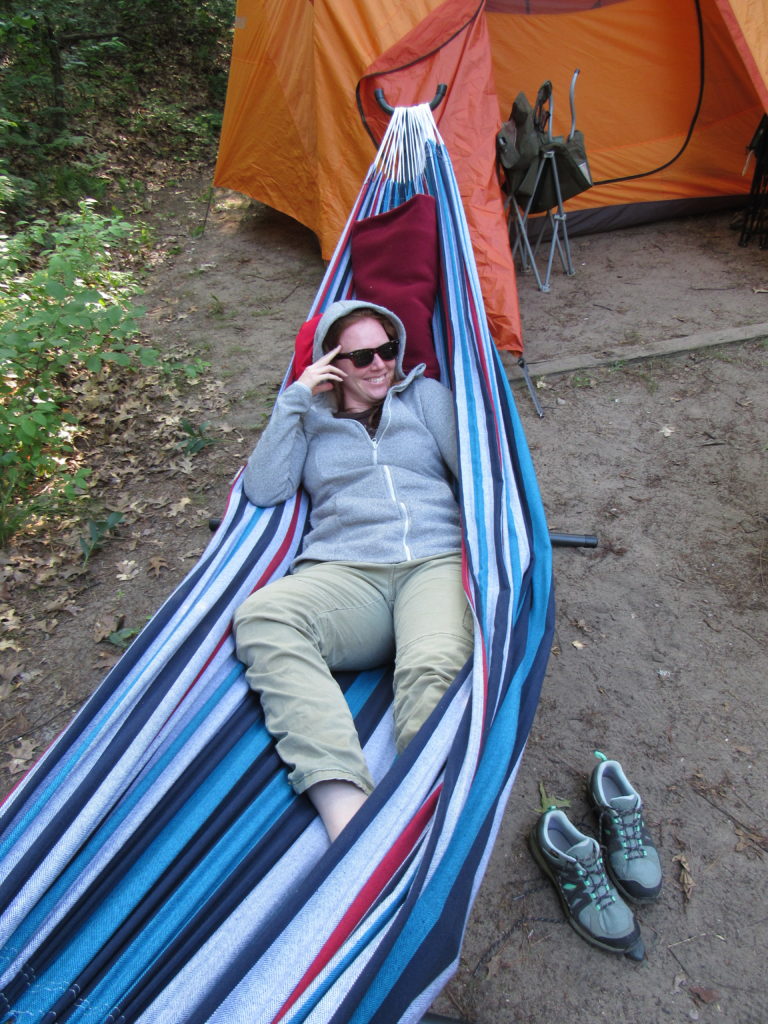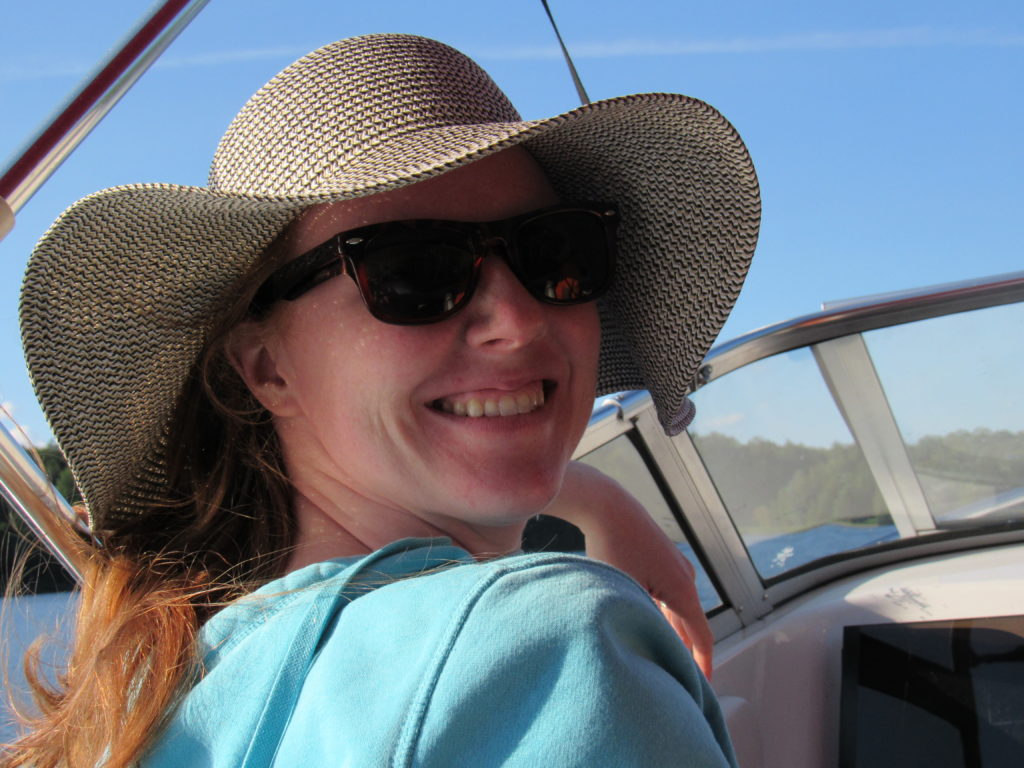Our beautiful summer has come with full force. We can finally step away from the computer, the kids online schooling, and soak up some fresh air. Time to refresh yourself.
All of this is wonderful. The vacations, extra family time, and getting those projects done around the house. The only concern is that the routines are lost, the heat is overwhelming, and your sleep patterns are thrown off. It can be tempting to want to fully let loose for the summer, but I caution you. If you haven’t experienced it already, your brain is not going to be very happy with you. So, how do you find a balance between summer bliss and brain comfort?

1) Keep to a healthy sleep pattern. I know this can be tough. Your friends invite you to the late-night bonfires and fireworks. Your kids want to enjoy just one more movie. You want to sit outback and stargaze with your spouse. You can do all of that, but don’t push it too late. If you decide that you’d rather go to bed around 11:00 pm on summer nights, make sure that you set an alarm and get up and going around 7:00 am.
Trust me, I used to be the queen of sleeping in. I think my record was 2:00 pm. I love a good sleep. But I’ve also learned that I am way more lethargic, grumpy, and symptomatic if I don’t get up and going at a routine time. If I push it past 8:00 am anymore, I’m guaranteed to have a headache for the day. If you’re used to going to bed at 10:00 pm and getting up at 6:00 am before the summer, try to stay within an hour’s range of that time during the summer. If you need to stay up later for some reason, still get up at the same time the next morning, but schedule a nap that afternoon.
2) Plan out your day. You don’t need to be a routine junkie, but if you have a few things that you’d like to do, it motivates your brain to get going for the day. If you don’t have anything on the agenda, your brain likes to think it can check out and not do anything that day. That’ll leave you sluggish. If you’re experiencing symptoms, only plan one or two things. Space them out and take breaks in between. If you’ve had a pretty good week, try planning two-four things. This can be as simple as a coffee with a friend, doing the dishes, and walking the dog. Or, you could try mopping the floors or doing some lawn maintenance. That leads me to the next tip:
3) Avoid the heat. I don’t know about you, but this heat wipes me right out! I have had a temperature sensitivity ever since I bonked my head. I don’t do well in cold and I don’t handle the humidity or high heat. I liken it to how someone with arthritis feels the humidity or people with migraines can predict a storm. My head feels like it swells within minutes of being outside on a hot day. I enjoy mowing the lawn and taking care of the gardens, but I must be careful. As soon as I feel my head swelling, inside I go.
If you love the sun and heat like I do, but it’s really hot outside, plan the times you’re outside safely. Try to do your outside activities before 11:00 am and after 7:00 pm. These times can vary depending on the level of heat and humidity outside. Make sure you have a soft hat, sunglasses, and some water with you. Find a shady area. You could also try something like the “icy towels” to keep your core temperature down as well.

4) Maintain your therapy. You’re used to your pre-concussion life when your brain would feel the warmth of the sun and want to ease up on schedules; to slow down and take in every peaceful and relaxing moment you can. You should. You’ve worked hard all year and it’s healthy to take a break, even if you couldn’t vocationally work (brain recovery is enough work in itself!). There’s lots you can ease up on, but don’t drop your therapy.
Trust me, I know it’s tempting. If you plan one thing you must get done in summer daily routines, make this a priority! The more you stick with your therapy, the faster you’ll recover and be able to get back to actually enjoying your summer holidays. No one wants to have to avoid the sun because of its brightness, or the beach because of the noise. Everyone wants you to be able to go camping or on a random summer road trip. The time that you put into your therapy now will allow that in the future. So, it’s worth the sacrifice to be consumed with your therapy now so you can enjoy life again later.
I hope these tips get you thinking and help ease your symptoms so you can enjoy at least part of your summer. If you have any other tips, please let us know. We can all learn from each other.




